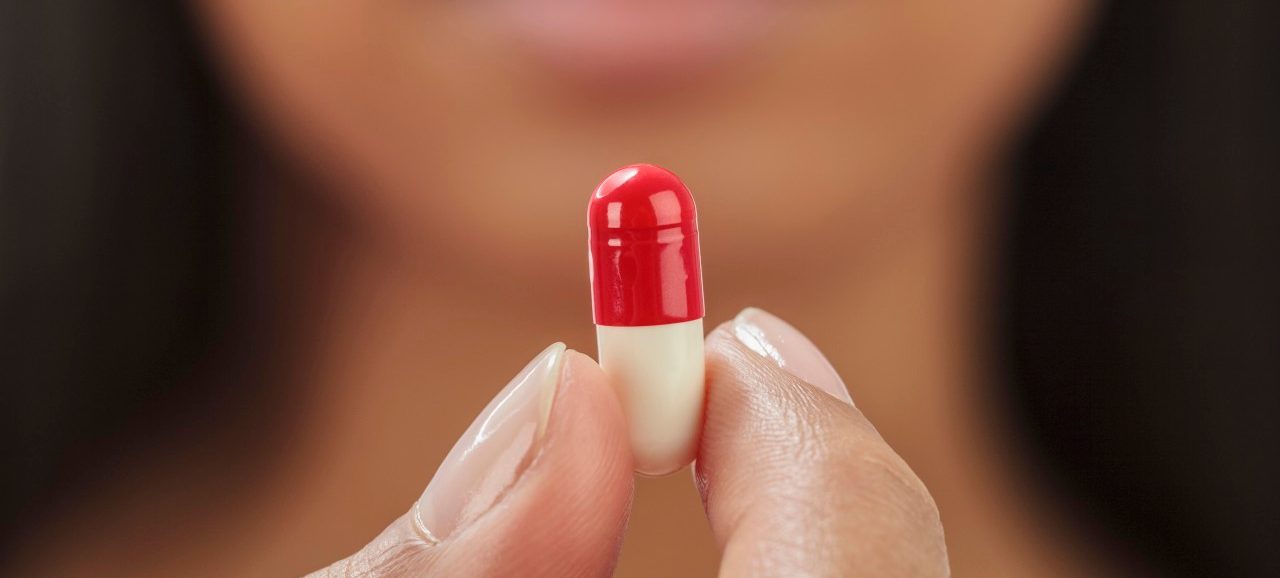Should You Take a Supplement?

The latest research confirms they don’t have miraculous powers, but don’t throw out your vitamins just yet.
Throughout a string of large trials in the 1980s and 90s, taking supplements failed to show much benefit.
These days, the general consensus is that we should get our vitamins and minerals — as well as the plant-based antioxidants and other phytonutrients we hear so much about — from food alone. Is it even worth taking a daily supplement or multivitamin?
YOU MIGHT ALSO LIKE: What Exactly Are Antioxidants?
It’s true, says Jeffrey Blumberg, PhD, who’s studied antioxidants and nutrients for decades at Tufts University in Boston: supplements “have not been definitely shown in long-term, large-scale, randomized, double-blind clinical trials to have miraculous powers.”
But he doesn’t think you should throw out your vitamins just yet.
Most of those early trials only lasted a few years, at most a decade. “Some of these studies that failed may have just not gone on for 20 years,” he says. In fact, no supplement study has ever lasted 20 years.
Recently published research suggests the benefits of supplementation may take longer than a few years to show up. In a French trial of older adults conducted in the 1990s, participants were given a daily supplement that included vitamin C, beta carotene, vitamin E, selenium, and zinc in amounts similar to what a healthy diet provides. Meanwhile, a control group got a placebo. The initial results: eight years in, the supplement reduced cancer incidence and mortality in men, but not in women. The researchers suggested men may have had lower levels of the nutrients studied to start with.
In 2015, the researchers returned to see how the participants were doing a couple decades down the road. While the supplement’s benefits for cancer or mortality in men had long ago disappeared — the study lasted only eight years — the men who’d taken the supplement were healthier and more likely to age well than men who hadn’t. Those effects were tied to how much vitamin C and zinc the men had in their blood at the start of the study, the researchers found in additional analysis. The supplement continued to have no effect, positive or negative, in women.
In 2013, results from the Physicians Health Study — which has followed thousands of male doctors over most of their lives — also suggested the benefits of supplementation may appear after years have passed. Some doctors in the study took a basic multivitamin, Centrum Silver. After about a decade, those taking the multivitamin had a modestly reduced overall risk of cancer compared to those who didn’t. It didn’t seem to help with cardiovascular conditions such as heart disease, though.
To Blumberg, these results suggest antioxidants and other beneficial phytonutrients may be most useful over very long periods, such as decades. He asks: “To the extent that some nutrients should play a big role in promoting your health, wouldn’t you expect that you would have to take them for a long time?”
They may also most help those who start out with less-healthy diets — meaning, nearly everyone. The vast majority of Americans don’t get the minimum recommended daily allowances for many important nutrients, Blumberg says.
“Sure, if you eat a completely well-balanced diet” — that is, five to nine servings of fruits and vegetables a day, preferably darkly colored and deep-hued, along with whole grains, no saturated fats, and lots of omega-3 fatty acids — “you know, everything that the dietary guidelines tell you to do,” he says, “you would not need a supplement. Except, of course, that 97 percent of Americans fail to eat that way.”
So supplementing may be wise.
Blumberg notes that there are thousands of phytonutrients in our diet: carotenoids, polyphenols, flavonoids, stilbenes, coumarins, and glucosinolates all come from plant-based foods. All have a variety of beneficial effects on our bodies as we age, from fighting inflammation and free radicals to regulating genes and biological clocks. And most don’t come in supplements. “So of course you have to eat healthfully,” he says. “It’s not a magic bullet.”
But if a little is good, don’t think a lot is better. High doses of antioxidants have occasionally been found to actually increase the risk of disease. To be safe, stick with recommended guidelines.
YOU MIGHT ALSO LIKE: Supplements Send Thousands to the Hospital Every Year
Updated:
March 31, 2020
Reviewed By:
Janet O’Dell, RN